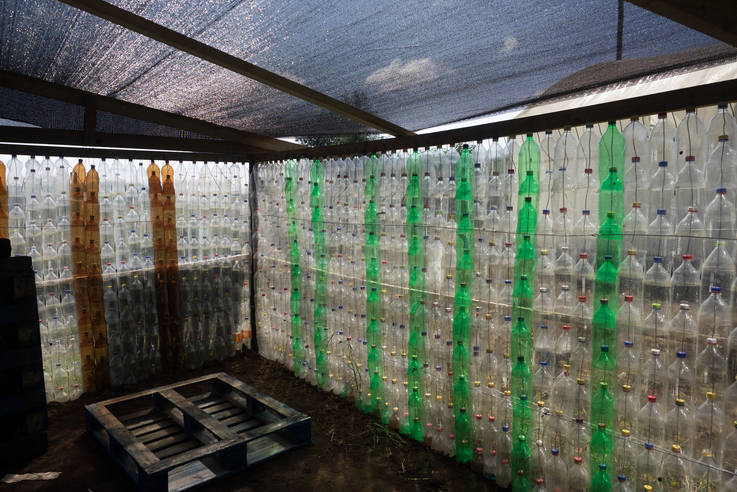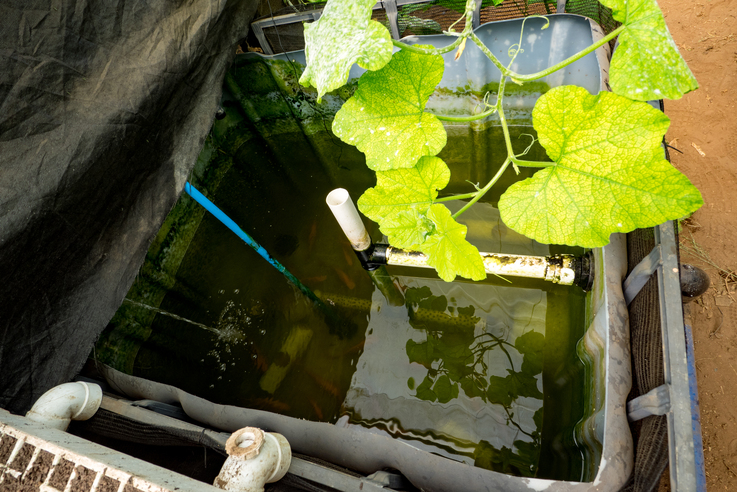Aquaponic farming project ticks all the boxes
A proven blueprint for sustainable aquaponic farming in rural communities

AN aquaponic farm in rural KZN established by a group of big-hearted Durban University of Technology (DUT) students in 2016, continues to thrive.
Situated in the Noodsberg community within the iLembe district, the project came about as a partnership between international non-profit organisation Enactus and the Ford Motor Company Fund, the philanthropic arm of the global automaker.
In honour of World Environment Day today, Ford has commended the efforts of the Enactus DUT students on their continued success with this project.

Because of low water usage, effective nutrient cycling, and needing little space to operate, aquaponic farms boast a small environmental footprint.
Every year Enactus and Ford call on universities and colleges around South Africa to design innovative, student-led projects that address critical community needs.
Job creation, economic empowerment, recycling and environmental sustainability are the key focus areas, and initiatives are selected for the long-term impact they could have on the respective communities.
Guided by academic advisors and business experts who are committed to using the power of entrepreneurial action to improve the quality of life and standard of living for people in need, participating Enactus students develop the kind of perspective and skills that are essential to leadership in an ever-challenging world.

‘We can have these innovative concepts and ideas,’ says Luvo Gugwana, Enactus DUT President, who has led the KZN aquaponic farming project since its inception two years ago, ‘but without sponsorships from the likes of Ford, they would never be realised.’
Aquaponics is a combination of aquaculture (fish farming) and hydroponics (the soil-less growing of plants).
This form of agriculture produces both crops and fish in a self-contained system.
The fish waste provides food for the plants, and the plants filter the water for the fish.
Vegetables grown in aquaponic systems are organic and pesticide free, and are said to have better flavour and a longer shelf-life than vegetables grown in hydroponic systems or in soil.
‘In 2017, we did a recycling drive to collect empty two-litre plastic bottles to construct a second greenhouse,’ said Gugwana.
HAVE YOUR SAY
Like our Facebook page and follow us on Twitter.
For news straight to your phone invite us:
WhatsApp – 072 069 4169
Instagram – zululand_observer

